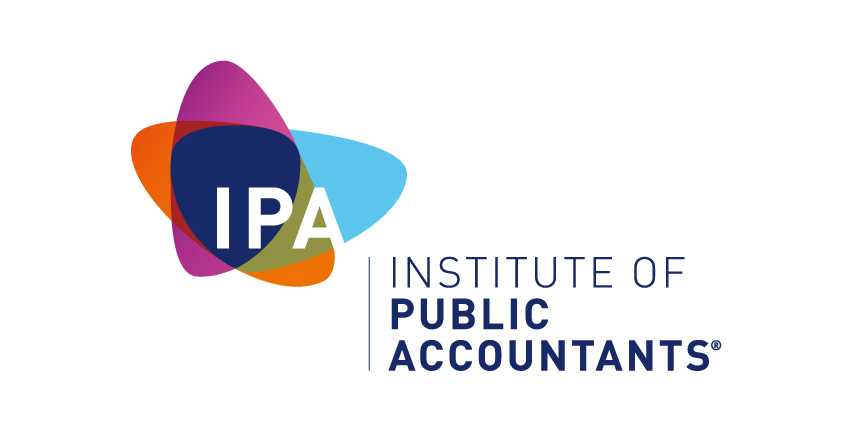The 2023-24 Australian Federal Budget at First Sight
9 May, 2023
This Federal Budget delivers a $4.2 billion surplus buffeted by stronger commodity prices, a strong jobs market, and strong immigration. While a surplus is welcomed, it is also short lived because Australia is predicted to return to the red over the forward estimates. Cost of living pressures, health funding, and affordable housing are features of the Federal Budget, but there is little by way of significant support for small business.
The Institute of Public Accountants (IPA Group) has identified two major policy initiatives by the Commonwealth Government in the 2023-24 Australian Federal Budget that will directly impact small businesses.
After three years of pandemic hardship, small businesses are feeling underwhelmed by the Federal Budget. The IPA Group urges the Federal Government to provide more support to help small and medium-sized enterprises (SMEs) recover from COVID-19, and prioritise initiatives that provide better stability from recent international market turmoil and boost productivity for this vital sector of the economy.
“The IPA Group welcomes the extension of the instant asset write off, but is left wanting because this measure has not been confirmed as a permanent measure. It is a proven and effective measure for boosting access to cashflow and investment that has flow on benefits for many sectors of the economy. However, it is only one measure, and there is a lot more needed to grow Australia’s economic pie”, said IPA Group’s Chief Executive Officer, Prof. Andrew Conway.
More Support for SMEs to Manage ESG Reporting
The IPA Group welcomes the Federal Government’s announcement that energy incentives for small business to support the transition from fossil fuels to renewable energy. This type of reporting will increase energy efficiency to create benefits that will help reduce the cost of power generation and minimise negative impacts on the environment.
The IPA Group is hopeful that more will be done to enable SMEs to achieve Net Zero. The IPA Group will continue to advocate for a collaborative partnership between businesses, governments, and industries to achieve support Australia’s commitments to Net Zero and the Sustainable Development Goals.
SMEs need more support to manage environmental, social, and governance reporting to their stakeholders, or they won’t remain internationally competitive. The new standards developed by the Australian Accounting Standards Board will make Scope 3 emissions reporting mandatory for big businesses, which means SMEs will be required to communicate their supply chain’s impact on the environment to their vendors.
Tax Incentives to Support Upskilling Workers
“While we acknowledge the work being done by Jobs and Skills Australia, we also expect more to be done for one of the largest employers in the Australian economy, that is, small business. The government currently offers extensive support for youth training and upskilling that is linked to an individual’s current role.
However, individuals that want to switch to a new field are left to fend for themselves. Tax deductions that incentivise more career mobility could improve Australia’s productivity, which is more important than ever because of the national skills shortages in critical areas,” added Prof. Andrew Conway.
